The first Mediterranean Wines Symposium took place this March in Perelada, Spain, inaugurating a new movement bringing together wine experts and producers from the wider Mediterranean region. The focus of the event was conceptualising the ‘Mediterranean wine’ and discussing the shared challenges the wine industry here faces.
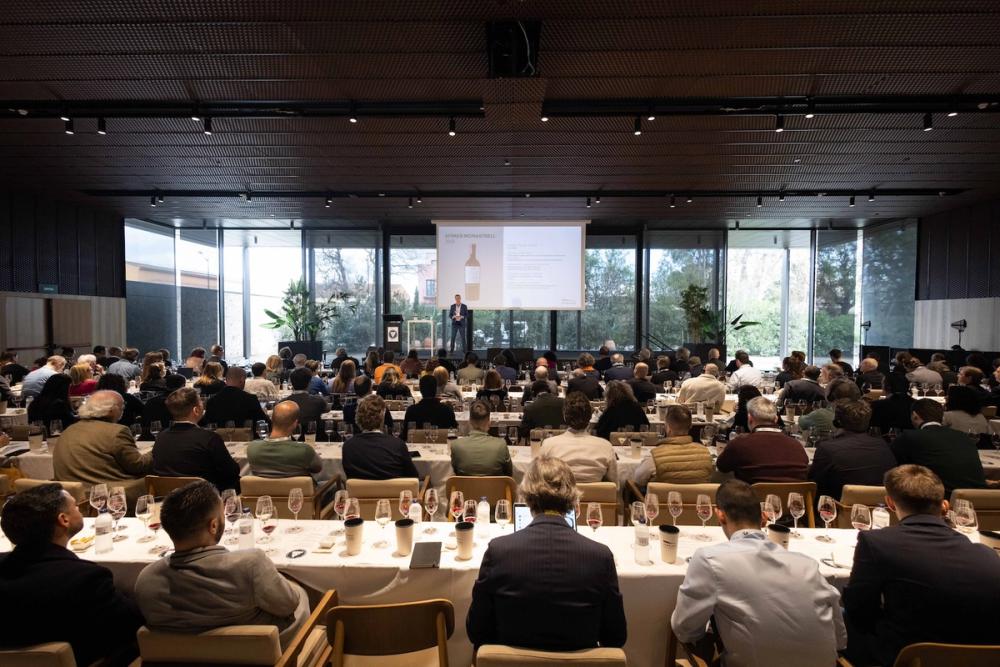
The Mediterranean Wines Symposium had 200 attendees, including a dozen Master of Wines, more than 40 sommeliers and 100 national and international opinion leaders
What is a Mediterranean wine?
This transcontinental region, connected by the Mediterranean Sea, shares a climate emphasising warmth and light and contains a diversity of soils and altitudes producing unique wines. Culturally, wine is enjoyed in moderation, often to complement food within a gathering of friends or family and the symposium encompassed this concept. Regional wine producers and experts are taking a collaborative approach to combat new global challenges facing viticulture and the wine industry.
Borja Suqué, fifth generation of the Grup Peralada family, welcomed us in the church of the Castillo de Perelada, the stunning venue for the symposium. The church is built on top of the first winery in Perelada, making it apt for hosting the first ever Mediterranean wine symposium.
Suqué stressed the importance of the wineries of the Mediterranean uniting and working together to establish a stable future, to overcome the challenges of the present, which include climate change, conflict, natural disasters and economic barriers.
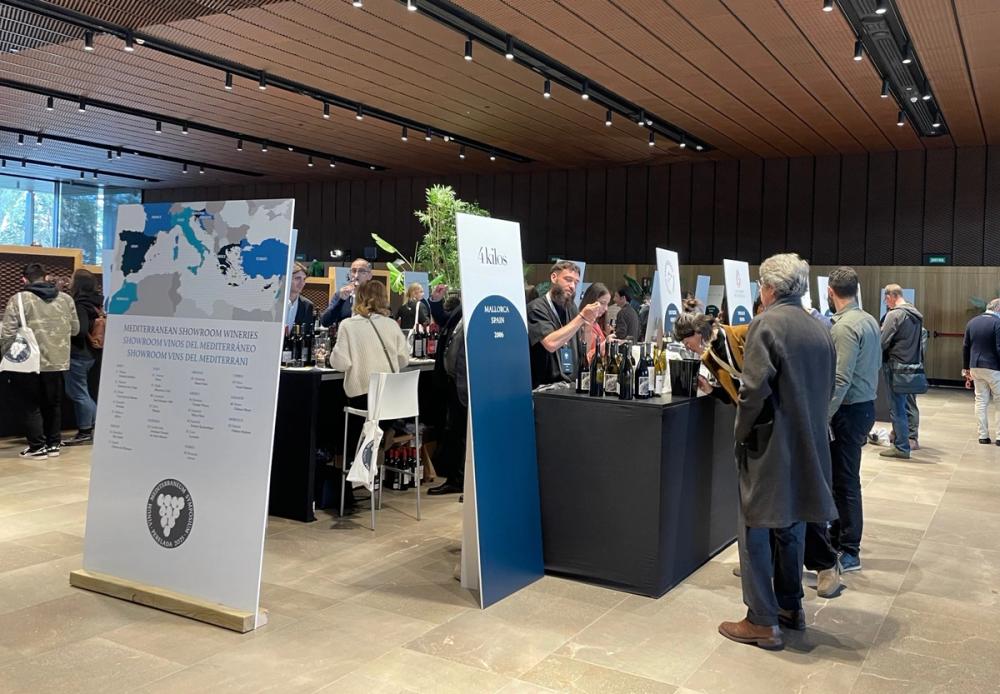
20 wineries producing Mediterranean wine showed their wines throughout the event
Key discussions from the day
The day consisted of several talks on topics related to Mediterranean wines and tastings run by experts. First up was Josep Roca’s talk on ‘Gastronomy and Mediterranean Wines in El Cellar de Can Roca’. He discussed how Mediterranean wines feature within his restaurant; the creativity and freedom different wines bring to gastronomy and a wine’s connection to culture. Regarding the new challenges faced by the wine industry, he emphasised the limitations of tradition and the importance of collaborating with each other as Mediterranean countries when embracing change.
David Allen MW of Wine Searcher talked through his perspective on 'Mediterranean wines as an Intelligent Alien’: an Englishman living in New Zealand. He touched on health in the Mediterranean, the ‘Mediterranean diet’ and the culture of moderation. His definition of a Mediterranean wine encapsulated the diversity and uniqueness of each style, alongside the more boutique nature of the trade which is less focused on high-volume production and global consumption. This more relaxed approach to wine encapsulates a different way of life, with authenticity and sustainability distinctive to the Mediterranean.
All attendees were invited to the tasting of Perelada’s own wines, led by oenology director Delfi Sanahuja. He spoke about the authenticity of different grape varieties, the complexity of the terrain and the distinct climate. These natural factors, whilst bringing about challenges, produce unique wines that are an expression of the terroir. The selection consisted of five single varietal wines, each showcasing the grapes’ ability to thrive in the vineyards of Perelada, and the impressive results of some experimentation with different varieties such as Syrah.
Winemaker Victoria Ordónez pointed out in her tasting of the 'Great Varieties from the Mediterranean’ the cliché of Mediterranean wines being very alcoholic due to the region’s warmth. Her perspective was that the trend towards health, which involves the demonisation of wine and alcohol, is the biggest challenge to the wine industry. Due to this, she picked out a lower 12.5% abv Etna Bianco as something that appeals more to a health-conscious consumer.
The ‘Climate Change’ seminar outlined the predicted impact of climate change on viticulture in the future, such as changing weather patterns and soil salinisation due to sea level rise. The Mediterranean basin is considered a ‘hotspot of climate change’, with changing weather patterns already apparent. The speakers discussed the ways in which grape growing will change, and the need for a systematic approach to adaptation where collaboration is key.
Juancho Asenjo’s tastings of ‘Malvasia: from Candia to the Adriatic Sea’ highlighted the wide range of wines the Malvasia grape can produce, including sweet and fortified wines. The whites were particularly varied, from a light and aromatic aperitif style from Sicily’s Cantine Colosi to a more Burgundian style from Slovenia’s Vini Noue-Marinic. The one red from Malvasia Nera grape in Puglia featured an earthiness and tannin that would pair beautifully with lamb.
The last tasting of the day was Gabriel Gorelli MW’s ‘Mediterranean Wines of Italy’, involving nine different wines of nine varieties, from eight different regions. The tasting emphasised the theme of warmth, not just in relation to temperature but also vitality, resistance and refreshment. He argued that Italy is the most representative player when it comes to exploring the diversity of Mediterranean wines, concluding that wine in Italy is used as a means of expressing the culture and environment.
The event concluded with an Olympic Games-style handing over of the baton (a tiny vine) to next year's Symposium hosts, the Petra estate in Tuscany. All attendees were then invited to take a tour of the newly built and beautiful Peralada winery.
The day’s events had been hugely rewarding and enjoyable, the result of a lot of time, effort and passion from the event organisers, from the talks themselves to the delicious catering and high-quality accommodation. I hope these symposiums have a long future; the following hosts certainly have some big shoes to fill!
A selection of some standout wines from Mediterranean Wines Symposium
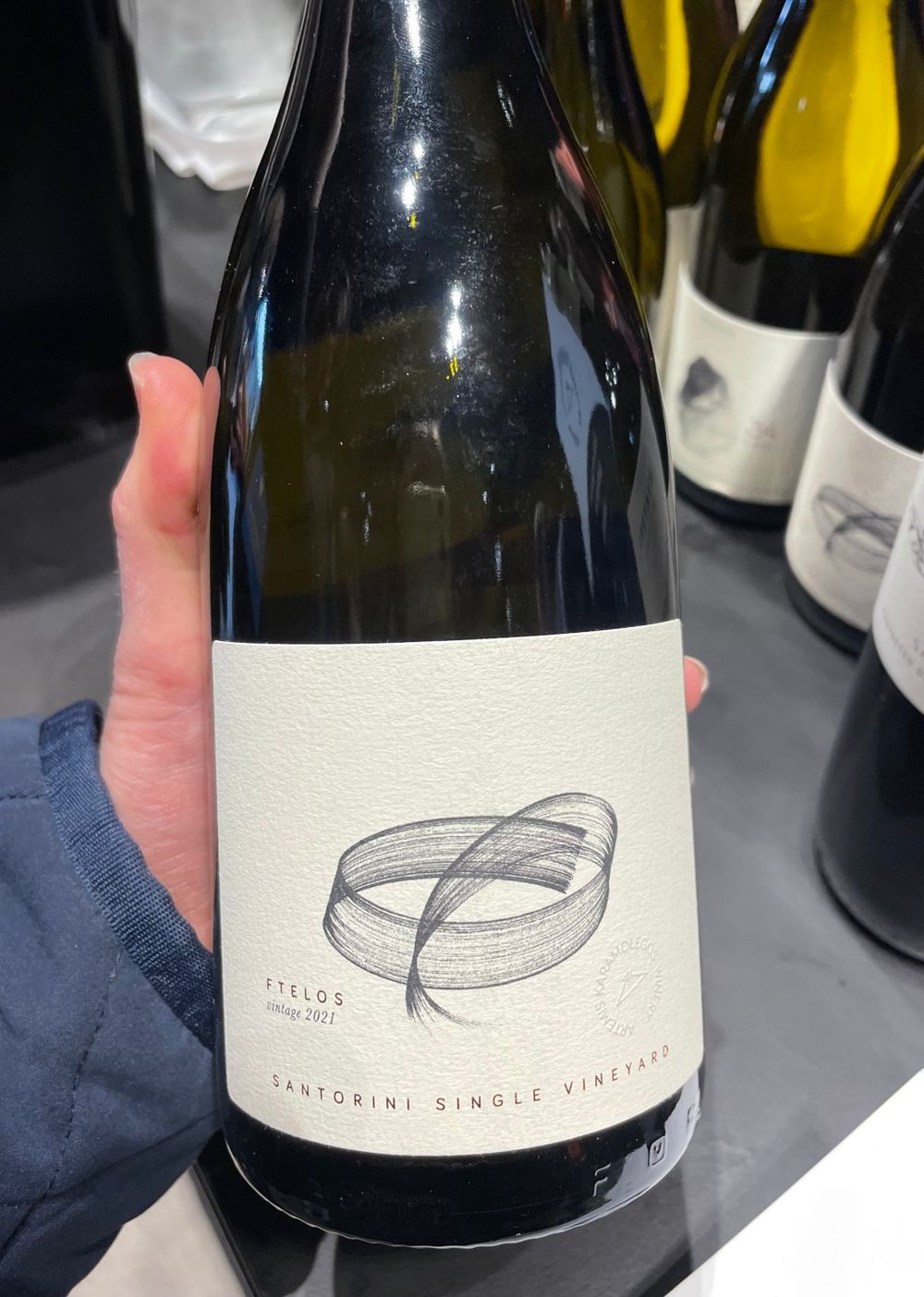
Artemis Karamolegos Winery Ftelos 2021, PDO Santorini
Santorini’s Assyrtiko is well-known for producing mineral wines due to the volcanic soils, however this Ftelos is particularly aromatic. Having been bottled in the cellar for one year, the style highlights the wine’s capacity for ageing.
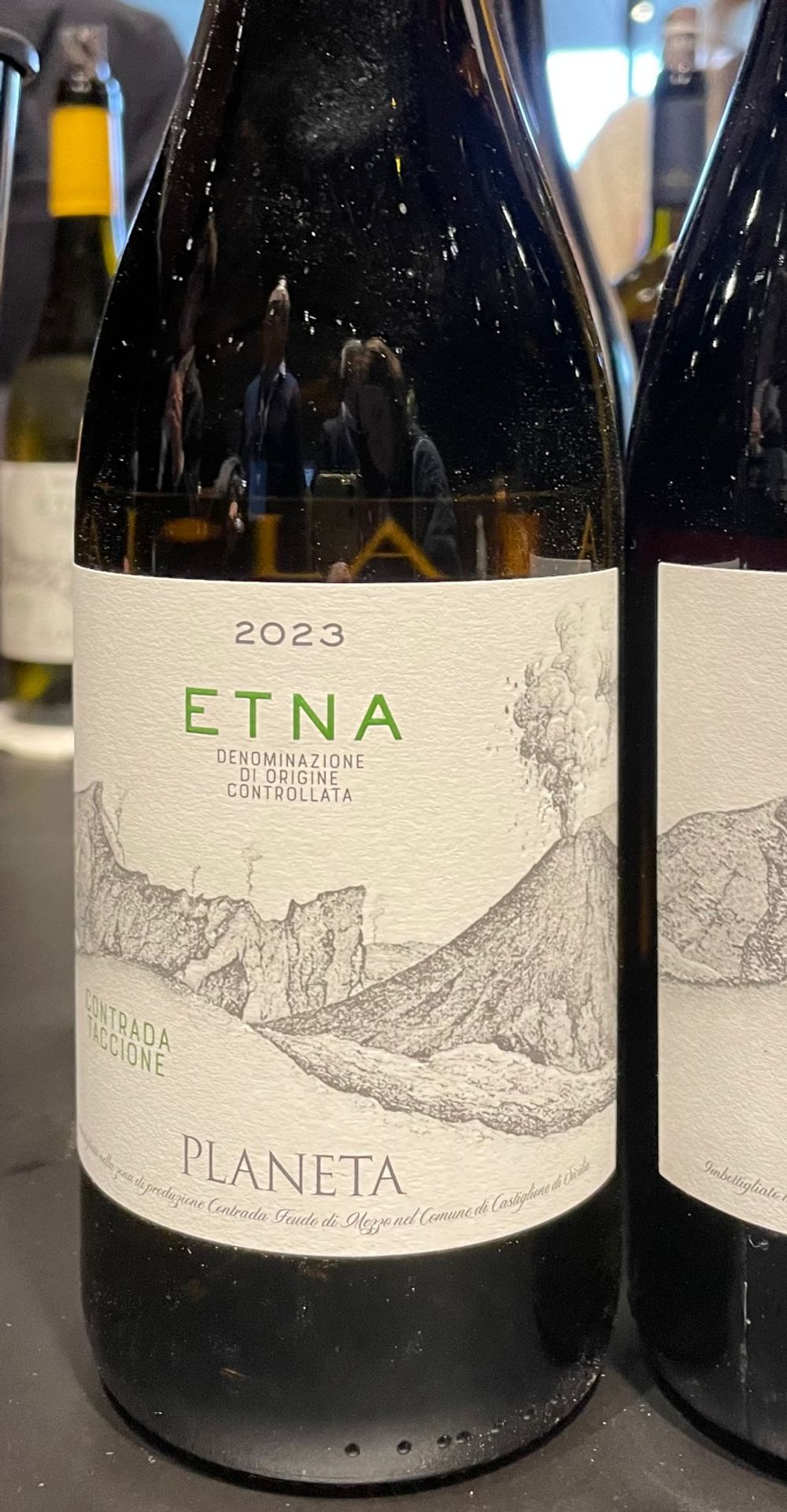
Planeta Winery Etna Bianco 2023, Etna DOC
Planeta Winery’s Etna Bianco showcases the best of Carricante, an indigenous grape only able to grow at altitude. With the acidity balanced by the malolactic fermentation, this wine is aromatic, citrusy, mineral and sharp.
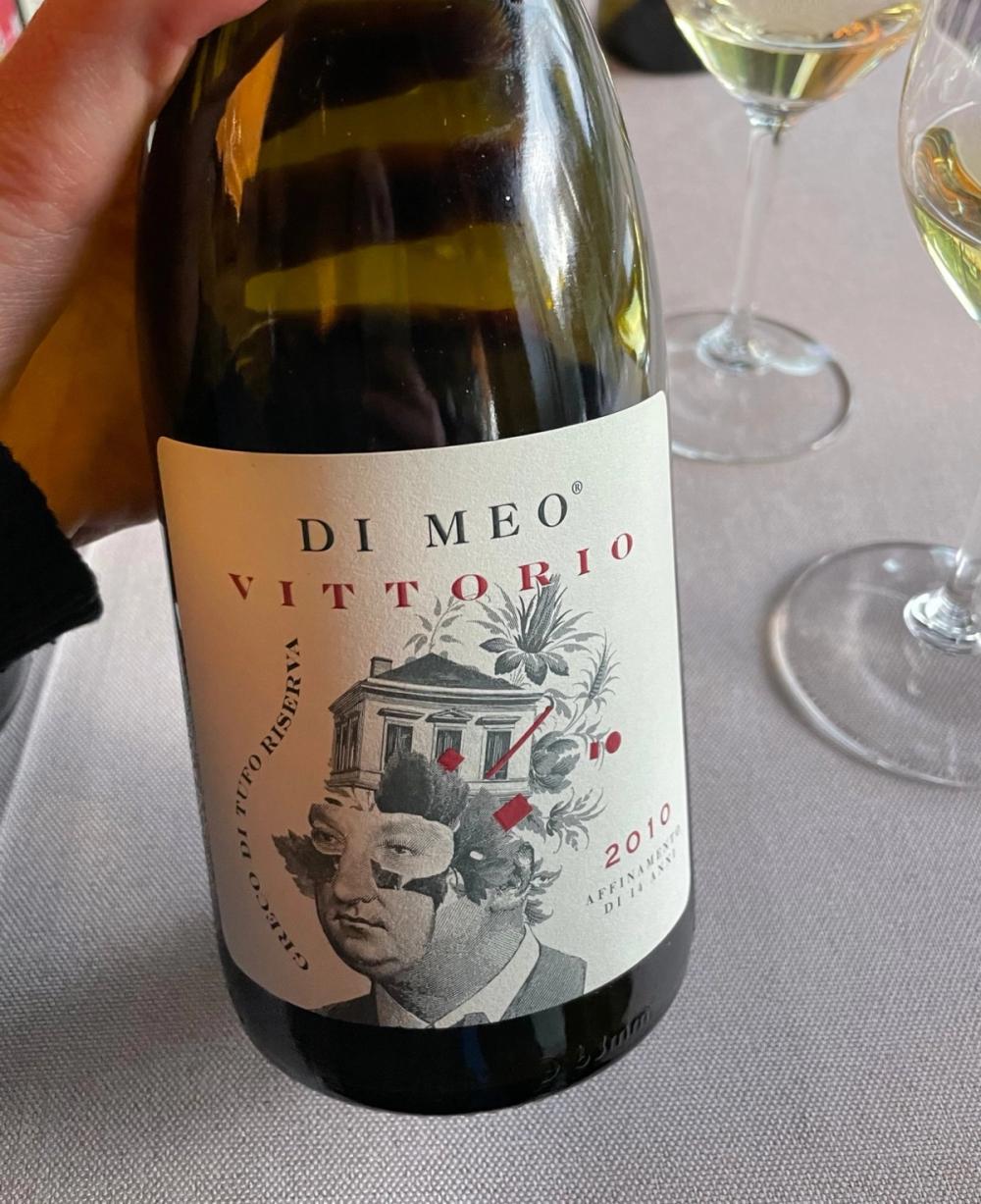
Di Meo Vittorio 2010, Greco di Tufo Riserva DOCG
‘Aged like a red wine’, this Greco has been on the lees for 14 years, proving the impressive quality of the grape. It serves more on the mouth than the nose, with body best exhibited when served at a higher temperature.
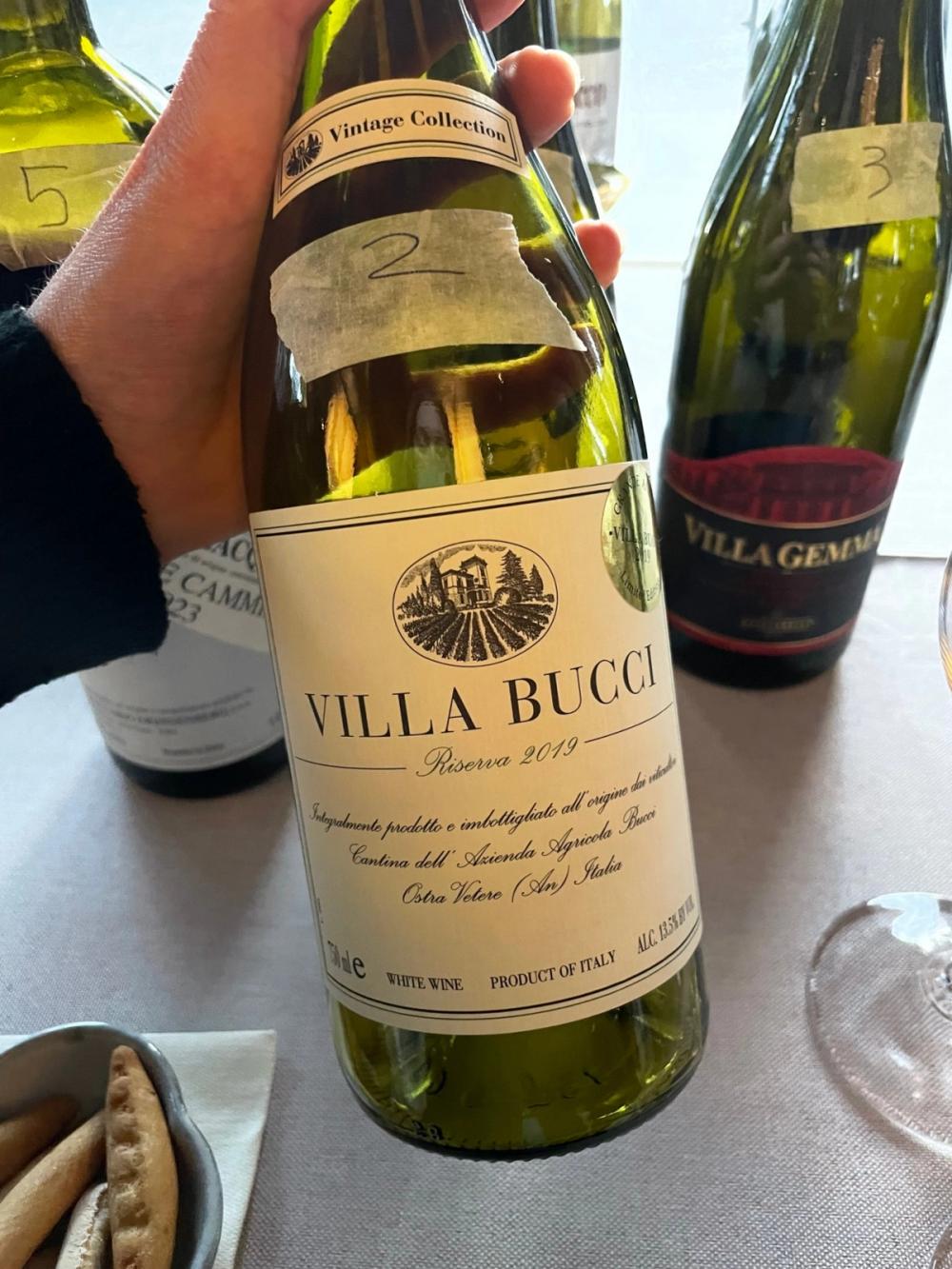
Villa Bucci Riserva 2019, Castelli di Jesi Verdicchio Riserva DOCG Classico
This Verdicchio hits the back of the mouth with flavours of spice and lime, in an almost Indian sense. With some significant structure and body, the punchy flavours will be further enhanced with longer bottle time.
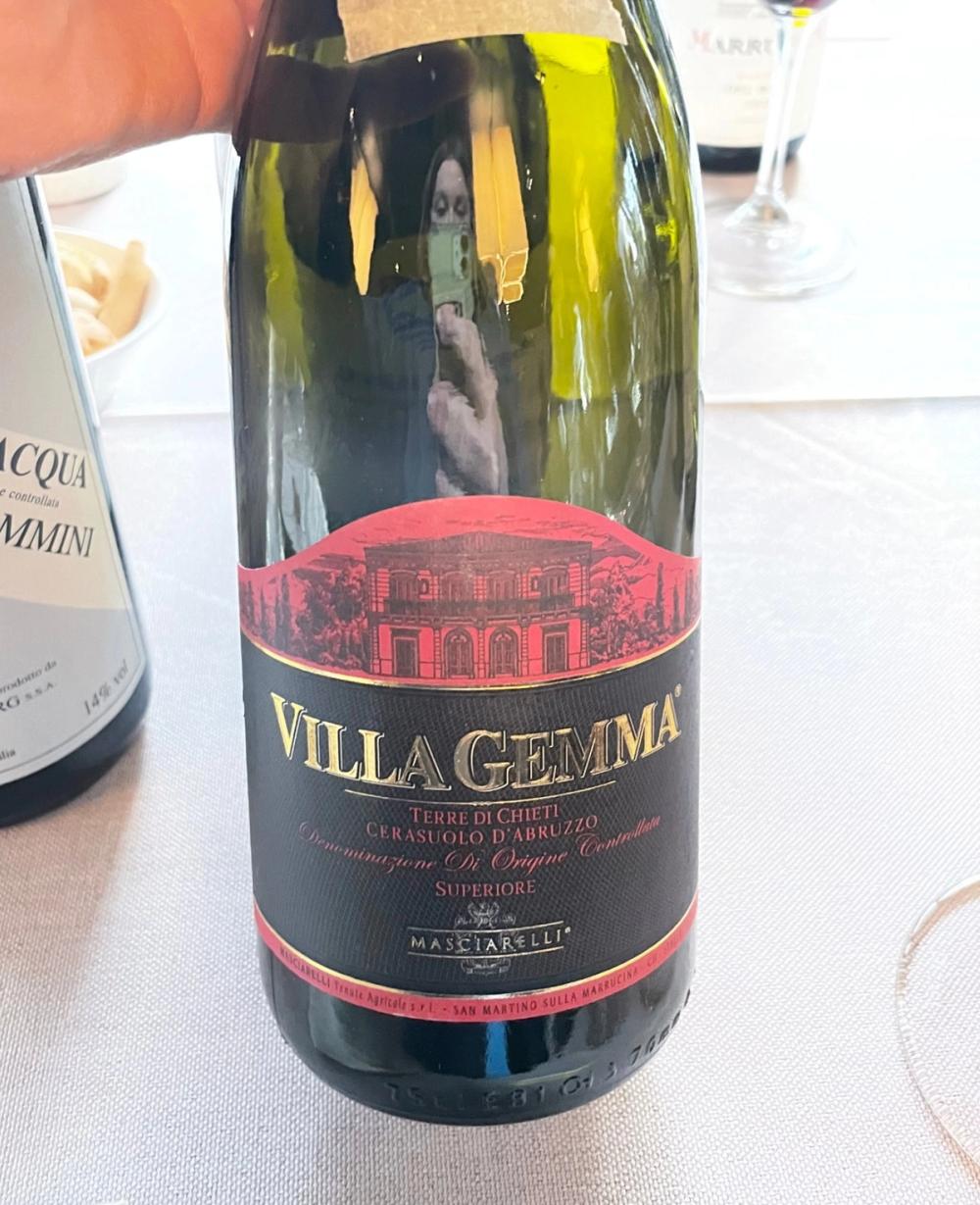
Villa Gemma Masciarelli 2023, Terre di Chieti Cerasuolo D’Abruzzo DOC Superiore
Described by the producer at Villa Gemma as a ‘summer red’ as opposed to a rosé, this rose-petal coloured wine has been produced on hills close to the sea. The wine is full but not heavy, and less aromatic, with a saline and briny finish emphasising a gastronomic savouriness.
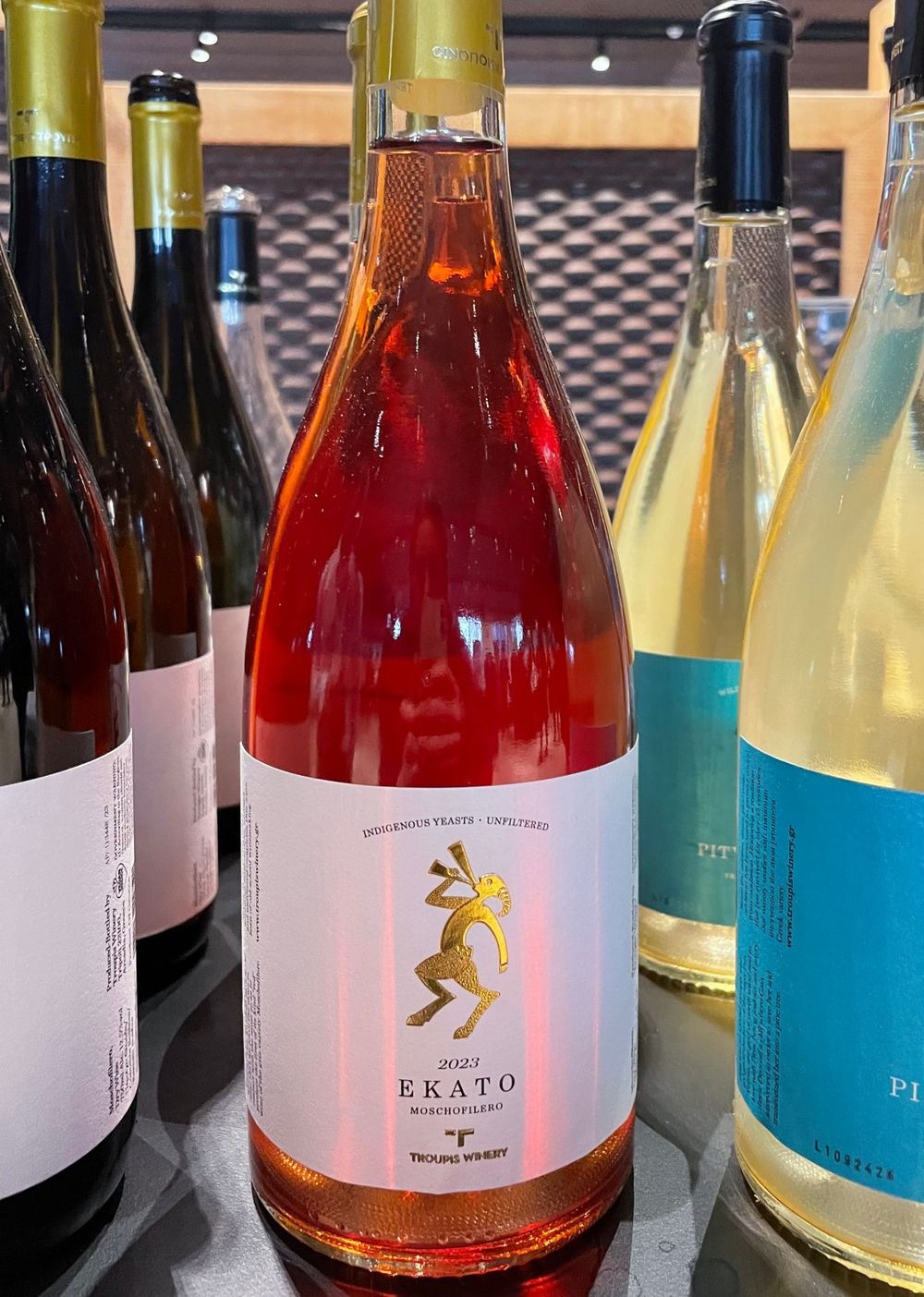
Troupis winery Ekato 2023, PGI Arcadia
Troupis winery has been experimenting with innovative and alternative vinification with the indigenous Moschofilero grape. This has spent 100 days on the skin, meaning more tannins and complexity, fruity on the palate with a savoury finish.
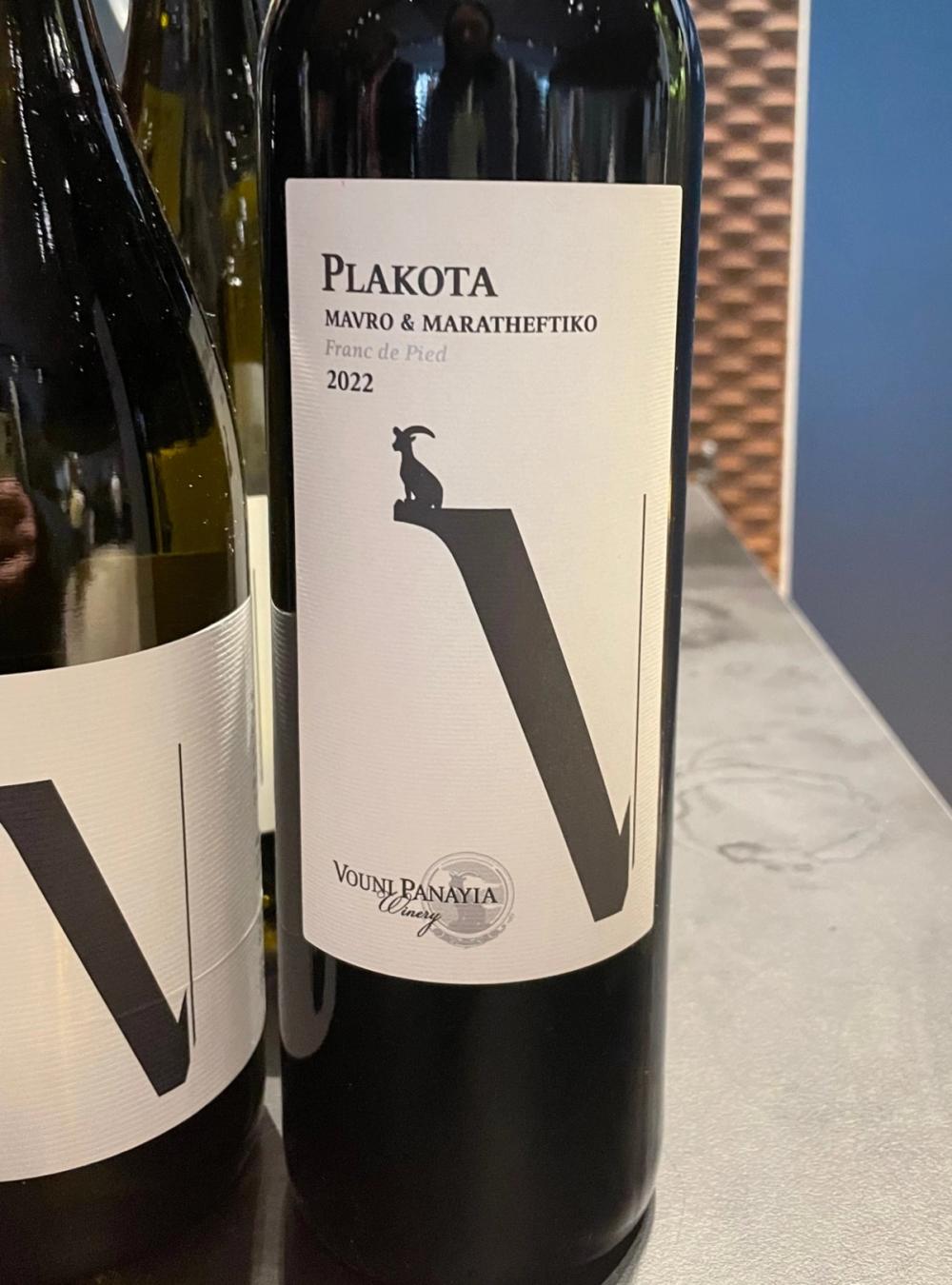
Vouni Panayia Winery Plaktoka 2022, PGI Pafos
With altitude having provided protection from phylloxera, these ungrafted vines produce some particularly impressive Cypriot wines. This Plaktoka is 65% Mavro and 35% Marathefiko, an indigenous blend producing a bright and smoky red, with a soft and rounded concentrated fruit character.
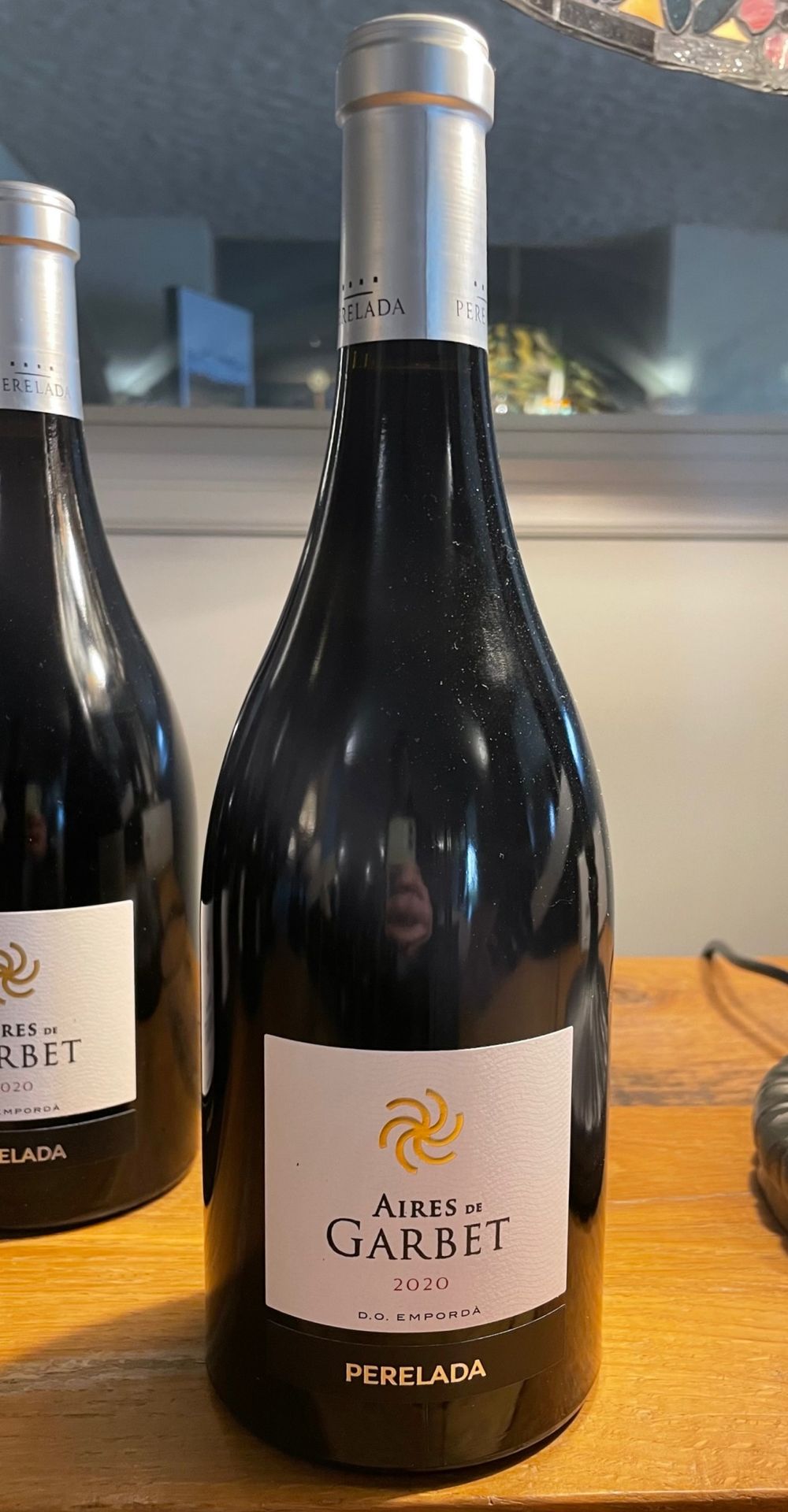
Aires de Garbet 2020, DO Empordà, Perelada
Another of Perelada’s own, expressing the beauty of Garnacha. This wine celebrates regenerative agriculture and the use of local resources in fermentation. Produced only 50 metres from the Mediterranean Sea, it is herbaceous, yet bright, fruity and with a grippy tannin.
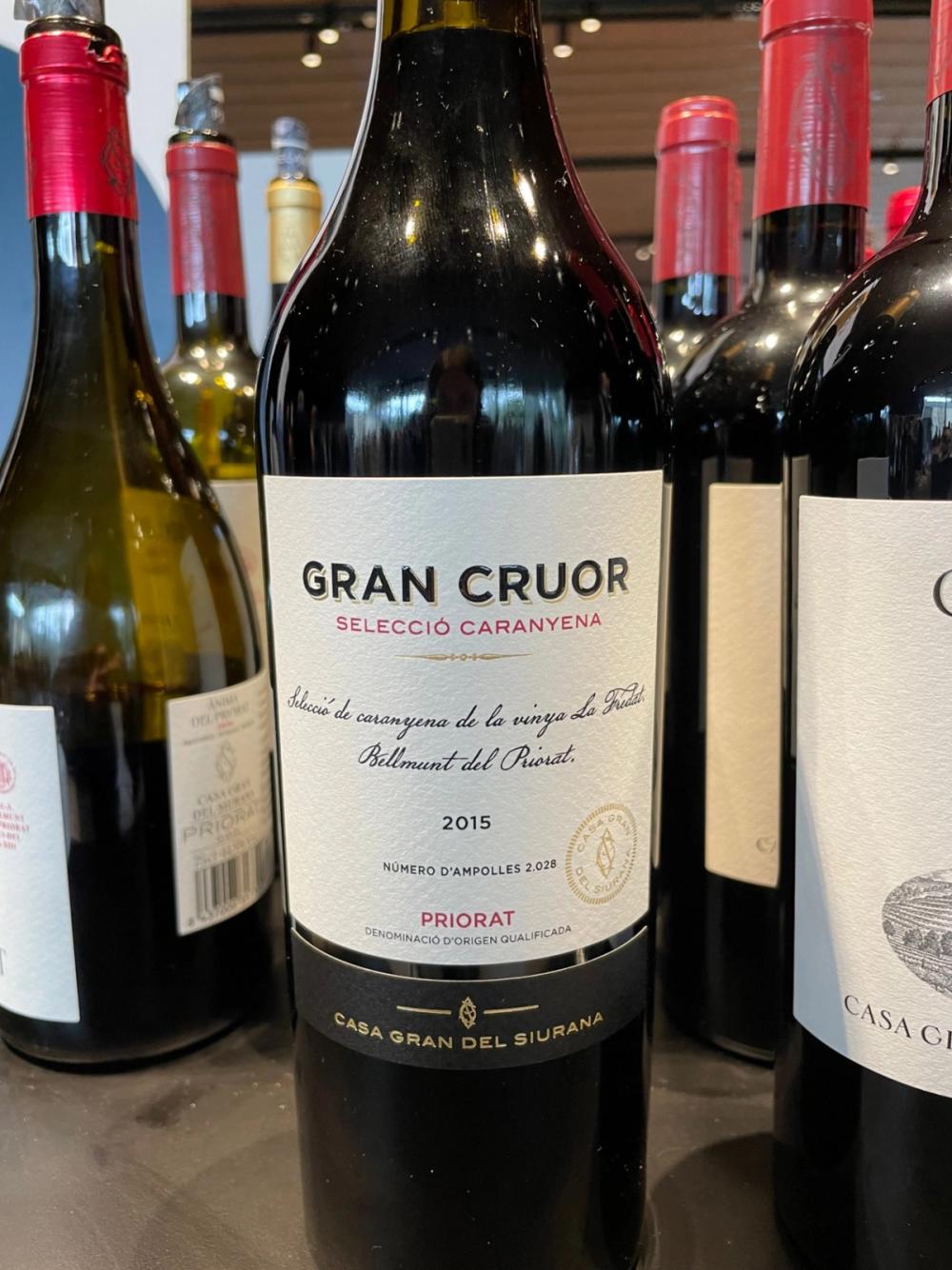
Casa Gran Del Siurana Gran Cruor Selecció Caranyena 2015, DOQ Priorat
Only 2,028 bottles of this Carignan have been produced, a particularly special wine capturing the essence of Priorat. The wine is well balanced with length, full and juicy with red and black fruits alongside rich toffee and chocolate notes.
Finca Espolla Efimer 2022, DO Emporda, Perelada
Conceptualised as ‘rediscovering Monastrell’, this long cycle variety is adapted to the warmth and heat of Perelada. With volcanic black slate reflecting the sun, this enhances the sugar and maturity of the wine, whilst remaining balanced and fresh.






























